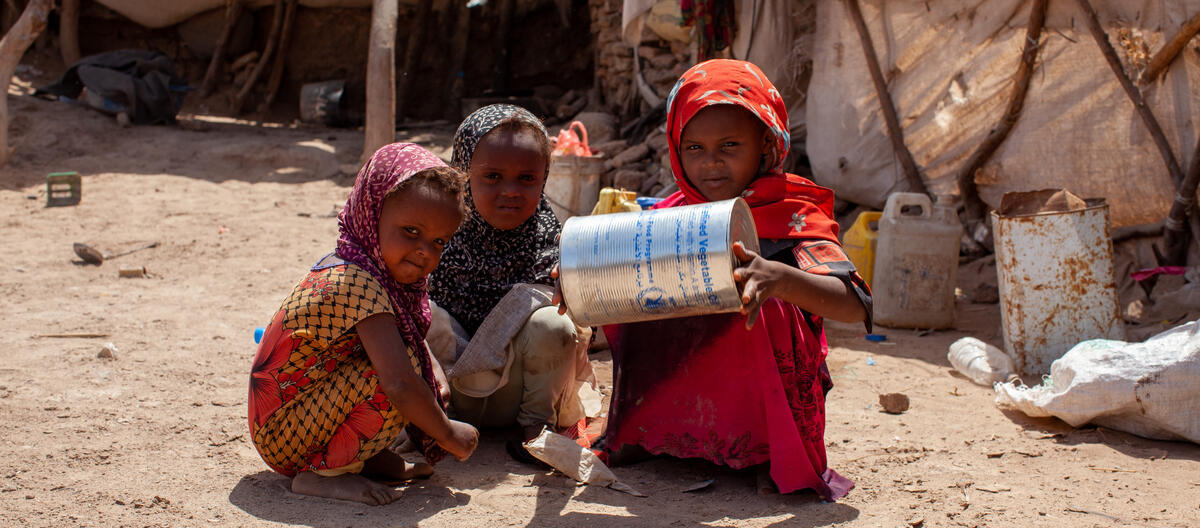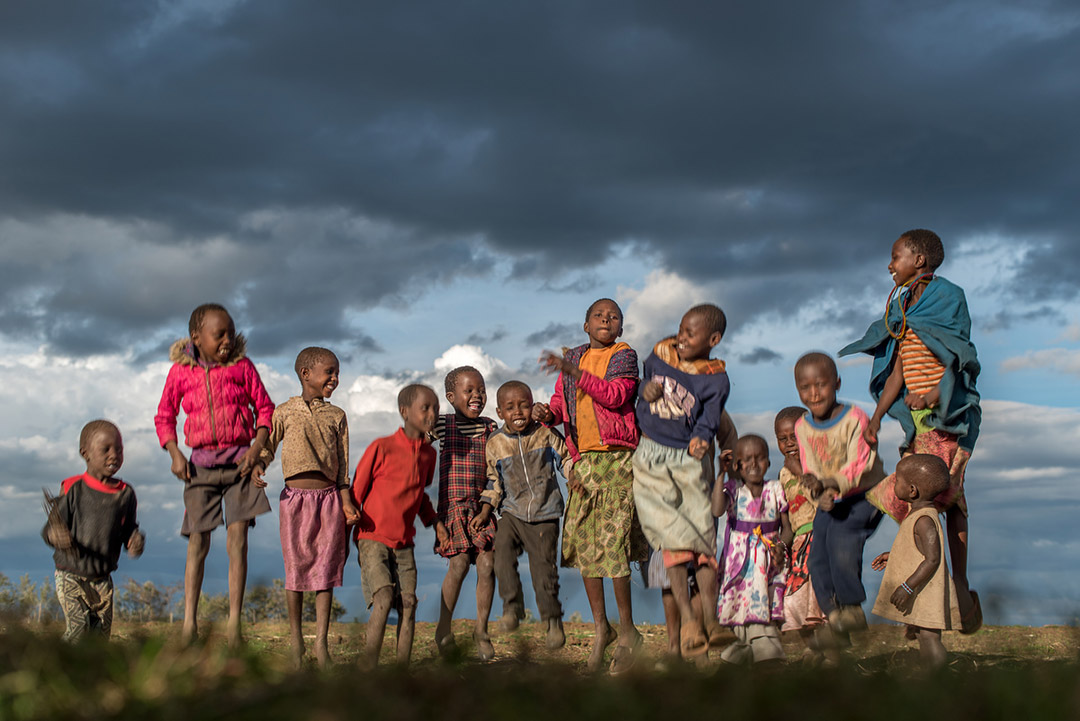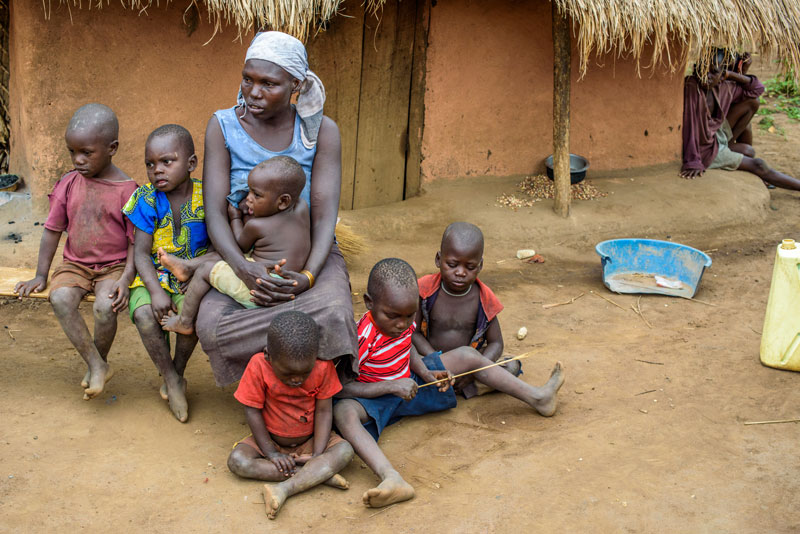Poverty and the population explosion have been major worldwide issues for many years, and the two are frequently intertwined. The poor's propensity to have more children contributes to overcrowding. This occurrence has been documented globally, particularly in developing nations. Let us discuss the reasons why :
1 Children are assets
Children are regarded as an asset in many developing nations. They are regarded as a source of income and financial support for the household. Low-income families in these nations frequently rely on children to find jobs and assist with household chores to make ends meet. As a result, kids get more hands-on work, resulting in additional revenue for the family.

2 limited education
Limited access to education and reproductive health services among low-income people may also add to the high birth rate. There is a massive gap in education in many developing nations, and few girls attend school compared to boys. Therefore, women are not likely to obtain contraception and family planning information. They have more kids than anticipated,
so low-income families may not have easy access to or purchase family planning services. Unwanted pregnancies can result from a lack of contraception and other contraception methods.

3 Cultural and religious views
Cultural and religious views can also be attributed to the increased number of children being born. A big household is considered a sign of prestige and fertility in some cultures, and women with a lot of kids are highly respected in their community.,some religions discourage the use of contraceptives and birth control. This means that women end up having more kids than they can afford
4 lack of access to resources
poor families do not have access to basic commodities such as clean water and basic needs. the rate of immortality is therefore high in these areas so people tend to have more kids to balance it out












